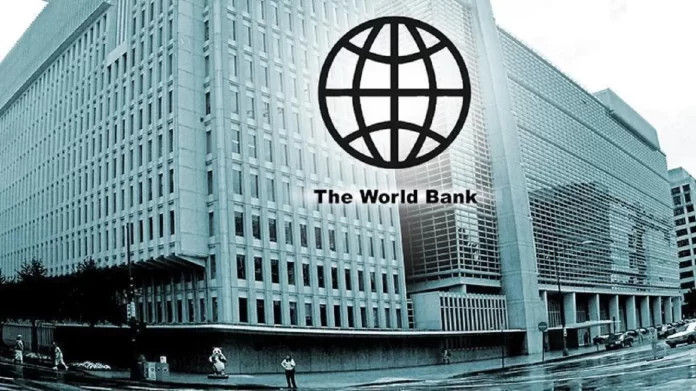The World Bank has warned that the Niger coup d’état could put further strain on the food markets in Nigeria and other West African countries.
3.3 million people already experience severe food insecurity during the lean season, and the Nigerien coup d’état puts an additional seven million people in the region at risk of experiencing it as a result of rising prices for basic commodities and food items.
In its September “Food Security Update,” the bank made this declaration. The Niger coup d’état “may add to the pressure already present on West African food markets,” it said.
The Washington-based bank claimed that in August, food prices in Niger surged by as much as 21% as a result of the economic and financial sanctions the Economic Community of West African States and the West African Economic and Monetary Union imposed on the nation.
This, it was found, restricted the availability of food and the capacity of low-income households to achieve their nutritional requirements.
“Continued food aid provided by the World Food Programme remains necessary, but access constraints are impeding delivery of help,” it read. “Government’s inadequate financial capacity to administer its food assistance program makes this a challenge.
Additionally, according to FAO, shortages of seeds and feed as well as high fertilizer prices will have an impact on the upcoming farming season, escalating the likelihood that there would still be food insecurity after the lean season.
The number of people in need of food and nutritional assistance in the region increased from over 10.7 million in 2019 to almost 29 million in 2021 to more than 40 million in 2022 and 2023, according to the bank, who also said that Western and Central Africa were experiencing a prolonged food crisis.
In addition to other West African nations, it was emphasized that 42.5 million people in Nigeria would experience a food crisis between June and August 2023.
It read, “The main factors affecting food security are civil insecurity and conflict, which have resulted in forced displacement; climatic shocks; political instability; the effects of the COVID-19 pandemic; and the war in Ukraine, which has increased the volatility of prices for foodstuffs and other commodities and caused widespread inflation. Prices for imported and basic essential foods are still higher now than they were at this time last year.
In light of the coup that occurred in Niger on July 26, The TVN recently reported that numerous vehicles were stranded at the Nigerian-Nigeria border town of Illela in Sokoto State. As a result of the border shutdown between the two nations, another The TVN report projected that trade between Nigeria and Nigeria valued roughly $226.34 million was in danger of ceasing.
Join Television Nigerian Whatsapp Now
Join Television Nigerian Facebook Now
Join Television Nigerian Twitter Now
Join Television Nigerian YouTUbe Now






















